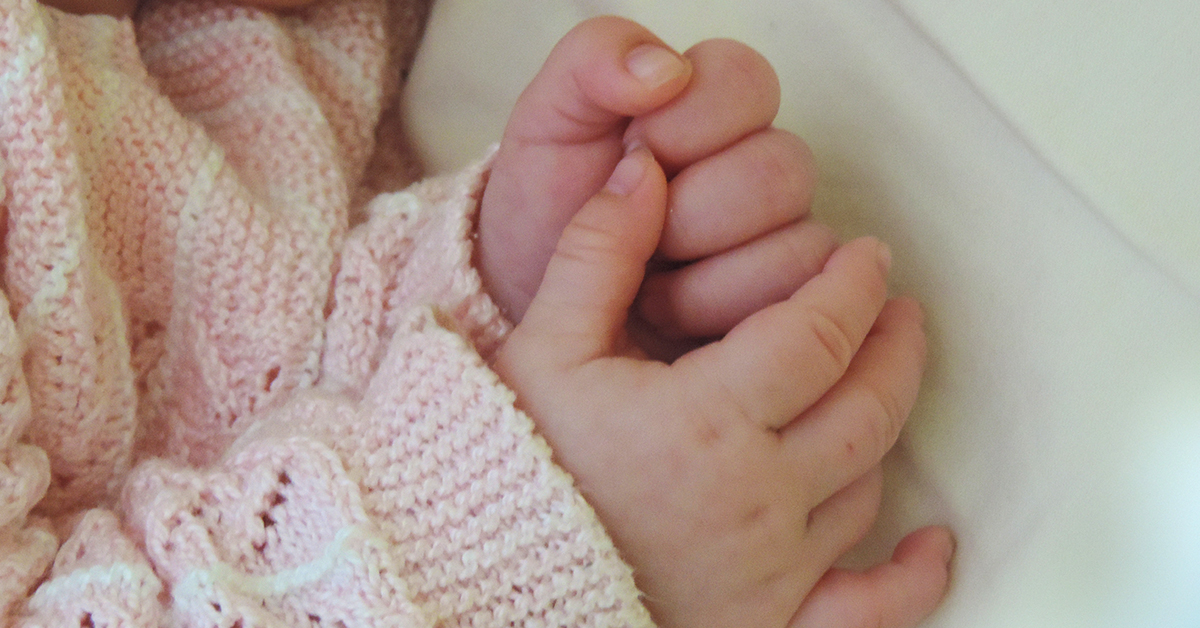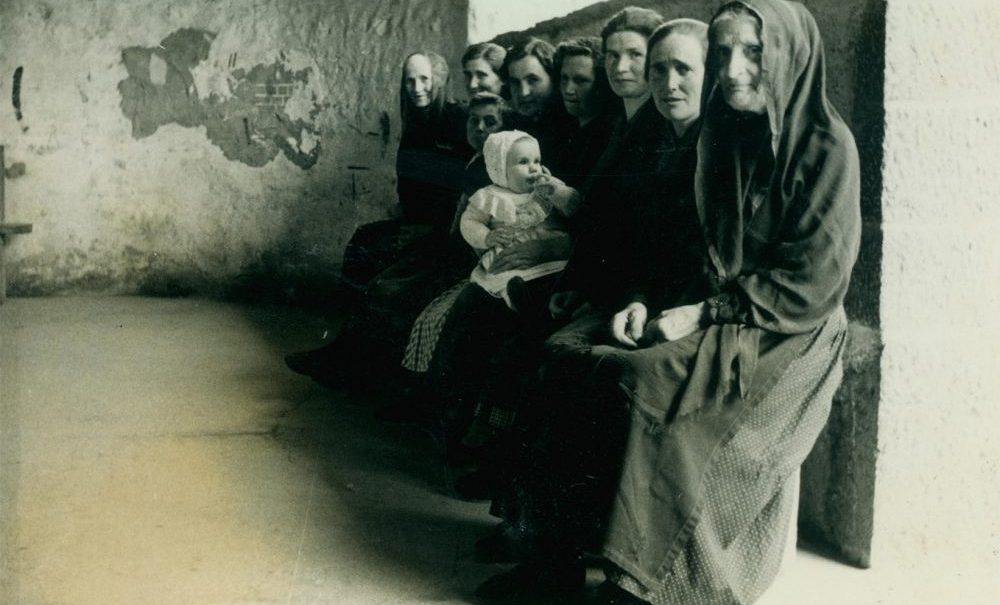Archives
As far as the Basque territory is concerned, it should be firstly noted that the so-called couvade —from French couver ‘incubate, hatch, rear’— refers to certain allegedly customary, curious, old and controversial practices.
The term covada appears in the Dictionary of the Spanish language to designate ritual behaviour undertaken after parturition, still occurring in parts of Asia and America and formerly observed in some places of northern Spain: namely, the biological father takes to his bed, relatives and friends providing him with essential needs, whereas the mother returns to her usual routine. The Encyclopedia Britannica, in a recent edition, described it as a once common custom in regions of the Amazon basin and the Basque areas of France. (more…)
Childbearing and childbirth have always been of considerable interest to family and community members, as shown by the remarkable variety of beliefs shared and gathered about newborns.
Many of them were related to pregnancy. According to a most widespread belief, should the craving of a pregnant woman be not fulfilled, her baby would be born with a birthmark, called antojo, literally ‘craving’, similar in shape to whatever she had craved for but could not satisfy. (more…)




